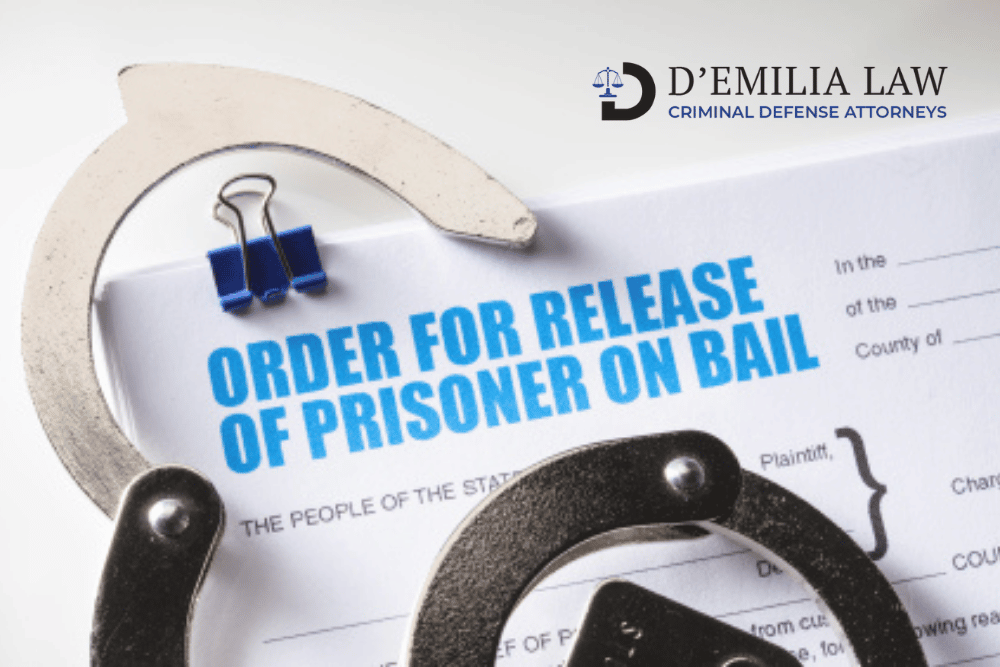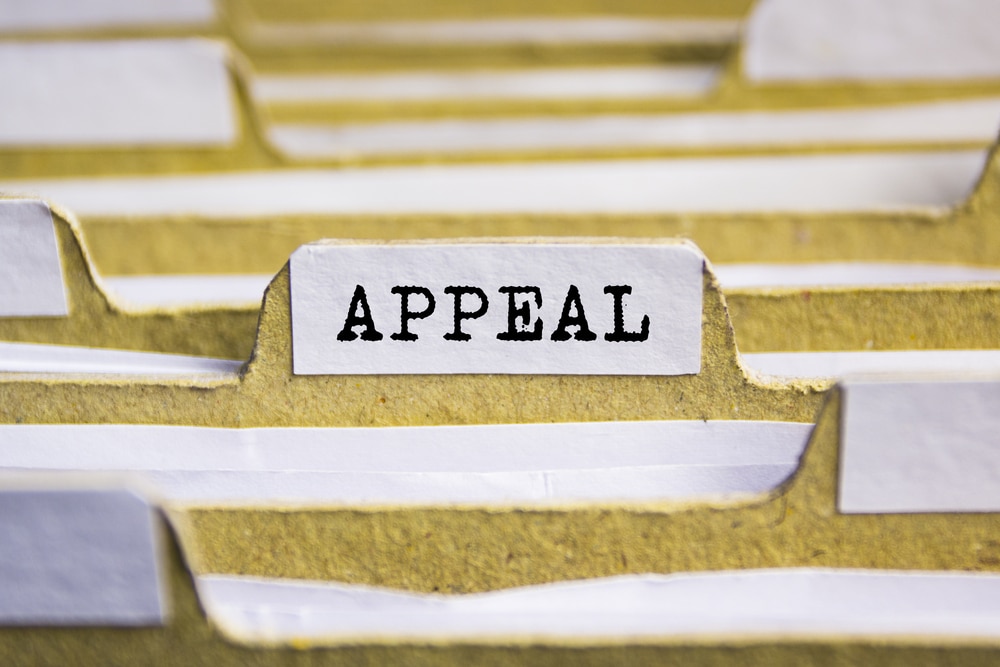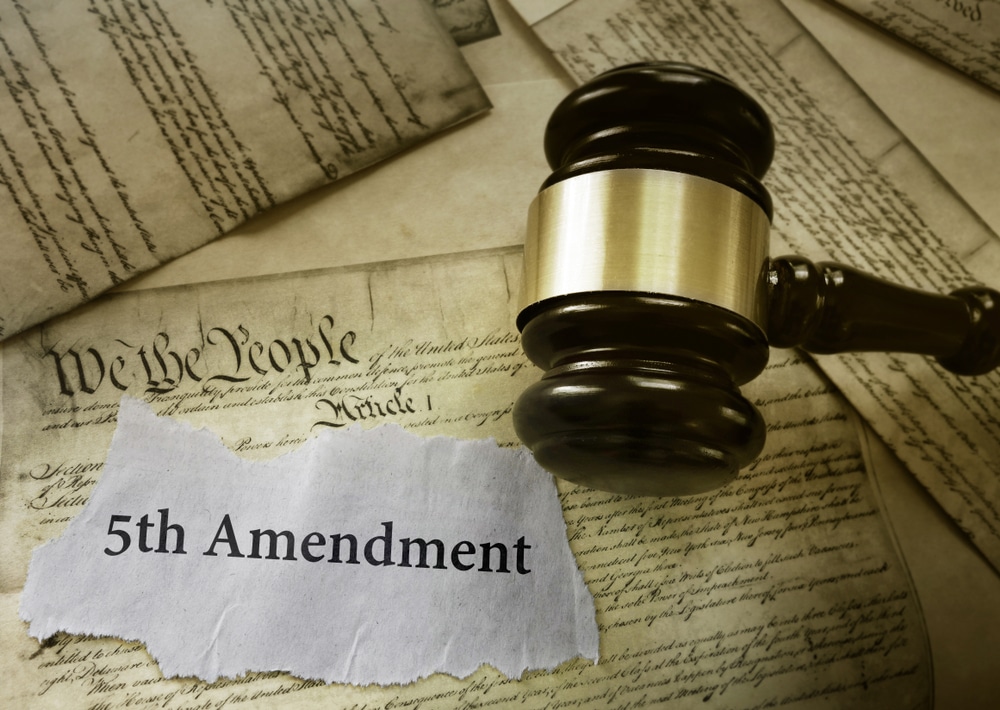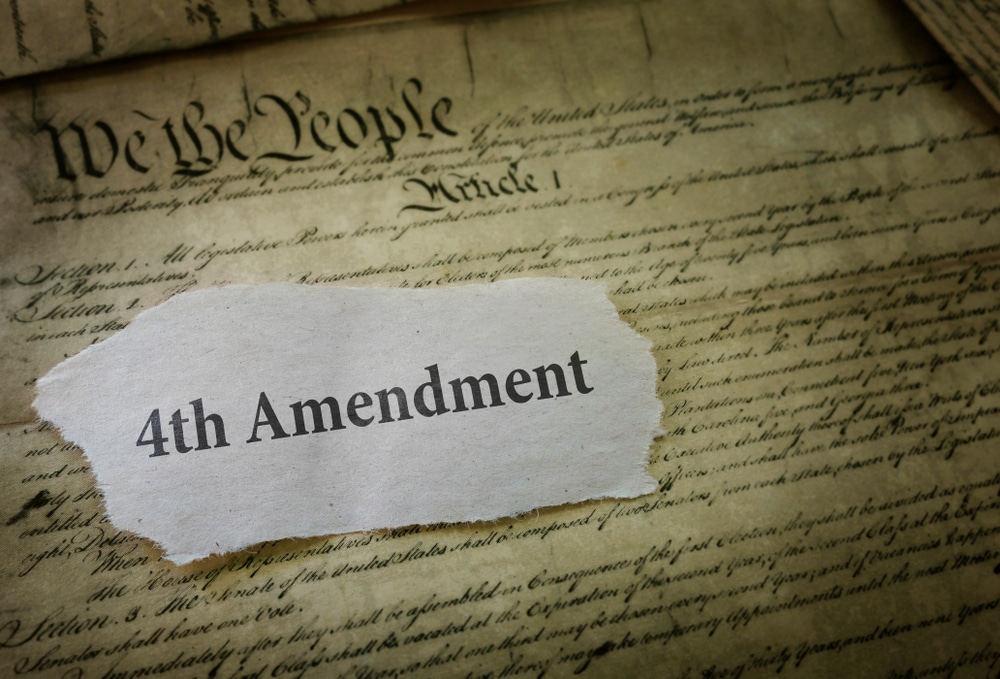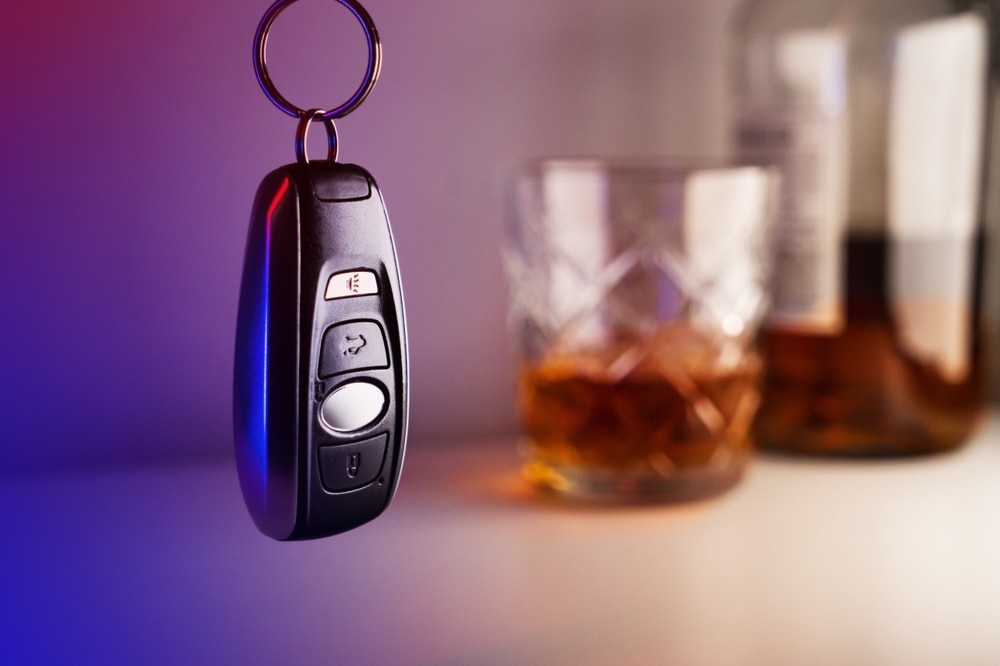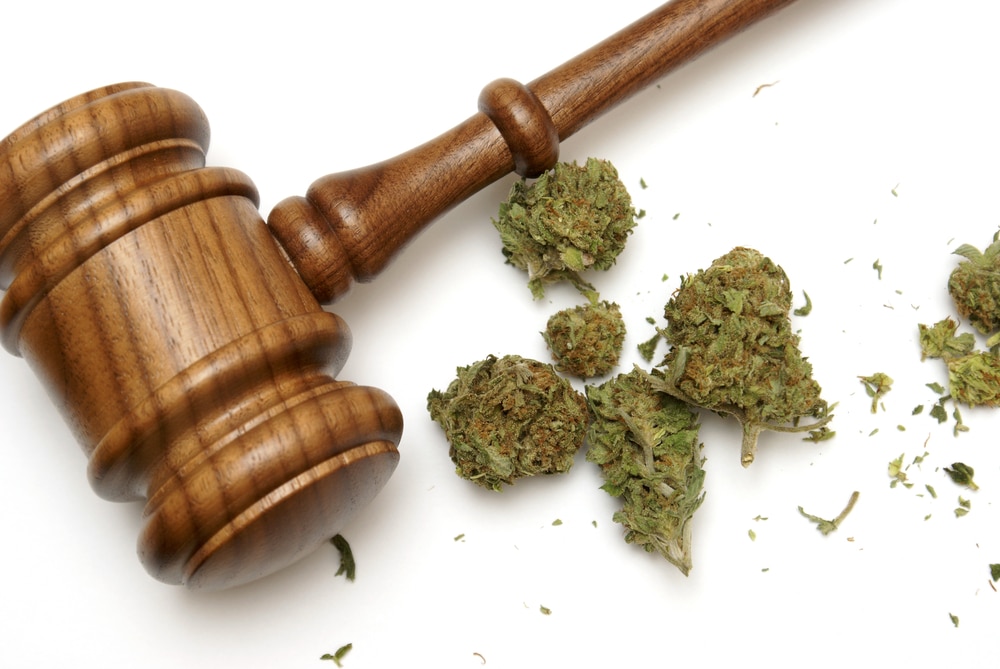A critical stage of a criminal defense case is being released from jail while your trial is pending. This is known as being “bailed” or “bonded” out of jail. Bail is the fee a defendant must pay in order to stay out of jail, whereas a bond is posted by someone else on the defendant’s behalf. The bail or bond amounts will depend on the severity of the charges, as previously discussed.
As NYC criminal defense lawyers, D’Emilia Law has helped secure bail and bond for countless defendants. And as former prosecutors, we can say with certainty that dishonoring the bail system will make matters worse for your criminal defense.
We will discuss why a current high-profile case should be viewed as a prime example of what a defendant should not do upon release on bail or bond.
Accused Murderer Kyle Rittenhouse Violates Bail Terms
Kyle Rittenhouse, 17, was arrested in August 2020 for allegedly shooting and killing two protestors in Wisconsin and gravely injuring another. The charges against the then-17-year-old include multiple counts of homicide, reckless endangerment and unlawful possession of a firearm.
Rittenhouse was released from detention on Nov. 20, 2020 on a $2 million bond, which his defense lawyers posted. He was reprimanded for his conduct following his release, which included going to a bar and taking pictures with alleged white supremacists. Victims’ families and prosecutors argued that considering the publicity around the case and the likelihood that Rittenhouse was a flight risk, the judge should have set bail instead of bond.
Sure enough, Rittenhouse proved critics right when he violated the terms of his release by not informing the court of his change of address within 48 hours of moving. Kenosha County prosecutors filed a motion to issue and arrest warrant and boost Rittenhouse’s bail by $200,000.
Kenosha County prosecutors summed it up in their motion for a new arrest warrant:
“He posted no money so he has no financial stake in the bond. He is already facing the most serious possible criminal charges and life in prison, so in comparison, potential future criminal penalties are insignificant.”
The judge forced the criminal defense lawyers to provide their client’s address to the court.
And though the judge denied the prosecution’s request, Rittenhouse’s conduct undoubtedly created a ripple effect that will disrupt his criminal defense and negatively portray him.
The Immediate and Personal Consequences of Jumping Bail
The bond was paid via a crowdsourced fund Rittenhouse’s lawyers established where others could send donations. This is a legitimate method of raising money and criminal defense lawyers can help with securing bond. Most donors did not know Rittenhouse personally, but felt compelled to help his defense.
In contrast to a bond, when bail is set, the responsibility for payment to the court typically falls on the defendant, or their family or close network. Oftentimes family members put their own money or even their property down as collateral to pay bail. If you jump bail by leaving town, then the court keeps the money your family paid, or the property – such as a car, house or jewelry equal to the amount.
Imagine your relative’s retirement account or life savings drained, or your family losing their house because you left town while out on bail and did not show up for your court hearing.
Oftentimes, violating bail conditions is a charge added to the initial ones. So when you finally do go to trial, your NYC criminal defense lawyer will have to argue against this charge as well. This means a longer trial or proceeding and more work for your NYC criminal defense lawyer, which will cost you more money and time. Most importantly, it could mean a tougher sentence if you are convicted.
Long-Term Implications of Jumping Bail
Jumping bail will be documented on your criminal record. This means that if you are arrested again for another crime, the judge will note your history of jumping bail. This will sway the judge when assessing your case, and may result in your bail fee being surprisingly costly, or you may not have the option of bail at all.
Furthermore, your reputation will be tarnished and may make finding another NYC criminal defense lawyer more difficult. No lawyer wants to have to explain to a judge why their legal advice – to abide by the law and not jump bail – was not heeded. This will damage their reputation as well.
Contact a NYC Criminal Defense Lawyer To Discuss the Terms of your Bail
As current NYC criminal defense lawyers and former NY prosecutors, the legal professionals of D’Emilia Law have seen first-hand how jumping bail can severely and negatively impact a defendant’s case.
D’Emilia Law maintains that an arrest is not the end of your life. It is not the same as a conviction. A strong and strategic defense can uphold your innocence, keep you out of jail and reduce your charges and fines. Further, honoring the conditions of your bail or bond will demonstrate your willingness to cooperate with the judicial system.

